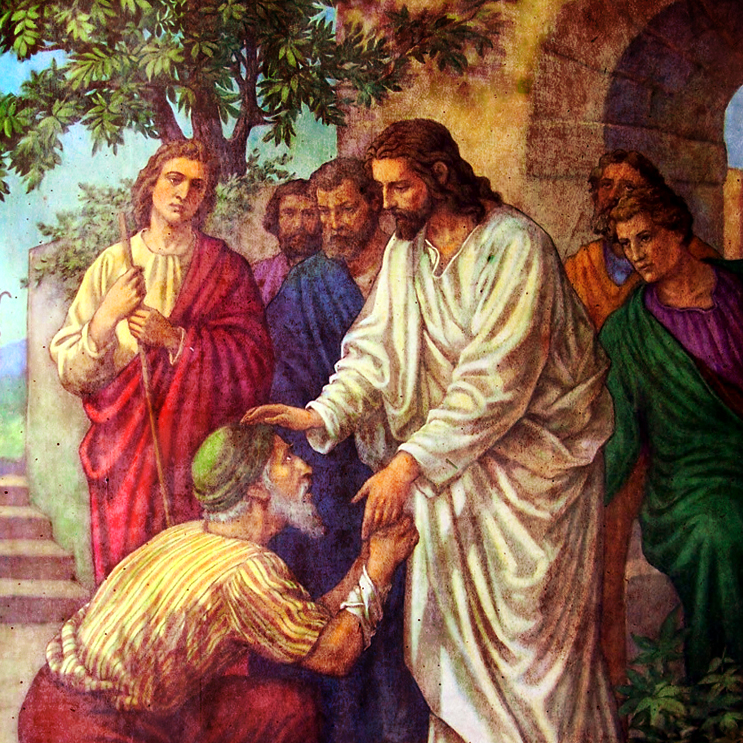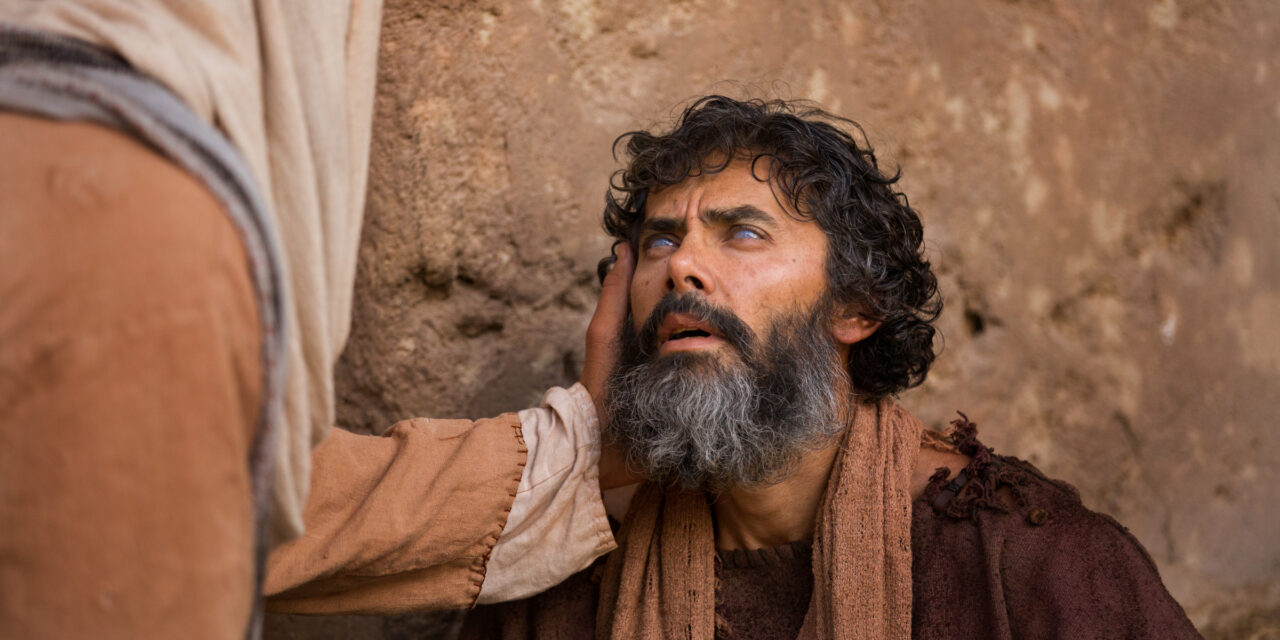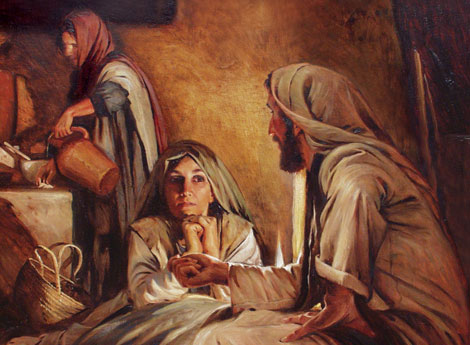 The more time I spend understanding the ways Jesus speaks about the “kingdom” the more I understand heaven as now. The Kingdom of God has been described in many ways: the Reign of God, Heaven, union with God, wholeness, eternity, the “unified field”. Jesus described it as a mustard tree, yeast, good seed in a field, hidden treasure, a wedding banquet, a net that catches all kinds of fish, and near or “at hand”. It’s clear that much of Jesus’ mission was helping us not get to some separate kingdom some time in the future, but to give us so many metaphors and examples that we could recognise the kingdom present here and now. Can we agree that eternity begins now? Perhaps death is just a blip in the whole eternal timeline.
The more time I spend understanding the ways Jesus speaks about the “kingdom” the more I understand heaven as now. The Kingdom of God has been described in many ways: the Reign of God, Heaven, union with God, wholeness, eternity, the “unified field”. Jesus described it as a mustard tree, yeast, good seed in a field, hidden treasure, a wedding banquet, a net that catches all kinds of fish, and near or “at hand”. It’s clear that much of Jesus’ mission was helping us not get to some separate kingdom some time in the future, but to give us so many metaphors and examples that we could recognise the kingdom present here and now. Can we agree that eternity begins now? Perhaps death is just a blip in the whole eternal timeline.
Jesus begins his ministry where John the Baptist left off.
From that time Jesus began to proclaim, “Repent, for the kingdom of heaven has come near.” (Matthew 4:17)
The Greek word for kingdom refers more to the “reign of God” than an actual place. More importantly, the word used for repent is μετανοέω (metanoia) which means, “to change one’s mind”. Maybe we should add, “change one’s heart or whole being.” This is key because many of Jesus’ metaphors of the kingdom involve change (yeast, seed, a tree). What is this change Jesus seems to be calling people to? A complete change of life! He calls us to die to our old selves, leave our families, and cast aside old ways of life and thinking (“hate mother and father”, cf. Lk 14:26). He tells people to sin no more. He tells the rich young man to sell his possessions. He tells people to drop their careers and follow him!
While Jesus spends a great deal of time preaching about the kingdom, he also spends time manifesting the reality of the kingdom in the here and now by healing people who are sick or blind or mute or deaf. Talk about radical change! These healings not only physically cure but re-integrate these “outcasts” back into society. The kingdom is about inclusion, a new life, a new worldview. His healing miracles are not just for their own sake but amplify, in a way, the metanoia that comes from aligning ourselves with the kingdom. In Matthew’s gospel, after Jesus echoes John’s words of “Repent” or “Change!” he immediately begins healing, as a way to demonstrate the radical change the Reign of God is about.
It’s interesting that Jesus described the kingdom of heaven like a net thrown into the sea catching fish of every kind (Matt. 13:47) and uses that very way to call his disciples (Luke 5:1-11). What’s the kingdom of God like? Abundant! Inclusive! Transformative! Gift! The miracles are not primarily a way for Jesus to prove his divinity or his power. They are a way to plainly reveal this idea of life-transforming change that is characteristic of God’s kingdom. In fact, Jesus seemed to care more about the power of forgiveness and inclusion than the “power” to perform miracles.
When Jesus speaks about those “in” the kingdom of heaven, he’s speaking about those who are living into the metanoia, the transformation of mind and heart, the nearness of God. Those who solely and stiffly abide in the law, who don’t love neighbour, who centre their lives on possessions, who think religion is about formulas, are not near the kingdom of heaven. This reimagining of God’s Kingdom is difficult for those of us who grew up imagining Heaven and Hell as places we’ll go in some distant future. If anything, that paradigm of eternity diminished the value of our time on earth, aside from having to “do the right things” to get to that future eternal “reward”. I think Jesus is saying that the “reward” is the transformed way of life that God’s kingdom calls us to, both here on earth and in the next life. Though there is no next life, it’s already begun. Eternity begins now, which means the metanoia can begin now. “Change! For the reign of God has come near,” says Jesus.
Related posts:
Listen to the audio version of this post…









Thank you for bringing in the meaning of “metanoia” so clearly.
Very nice! Thanks for sharing!